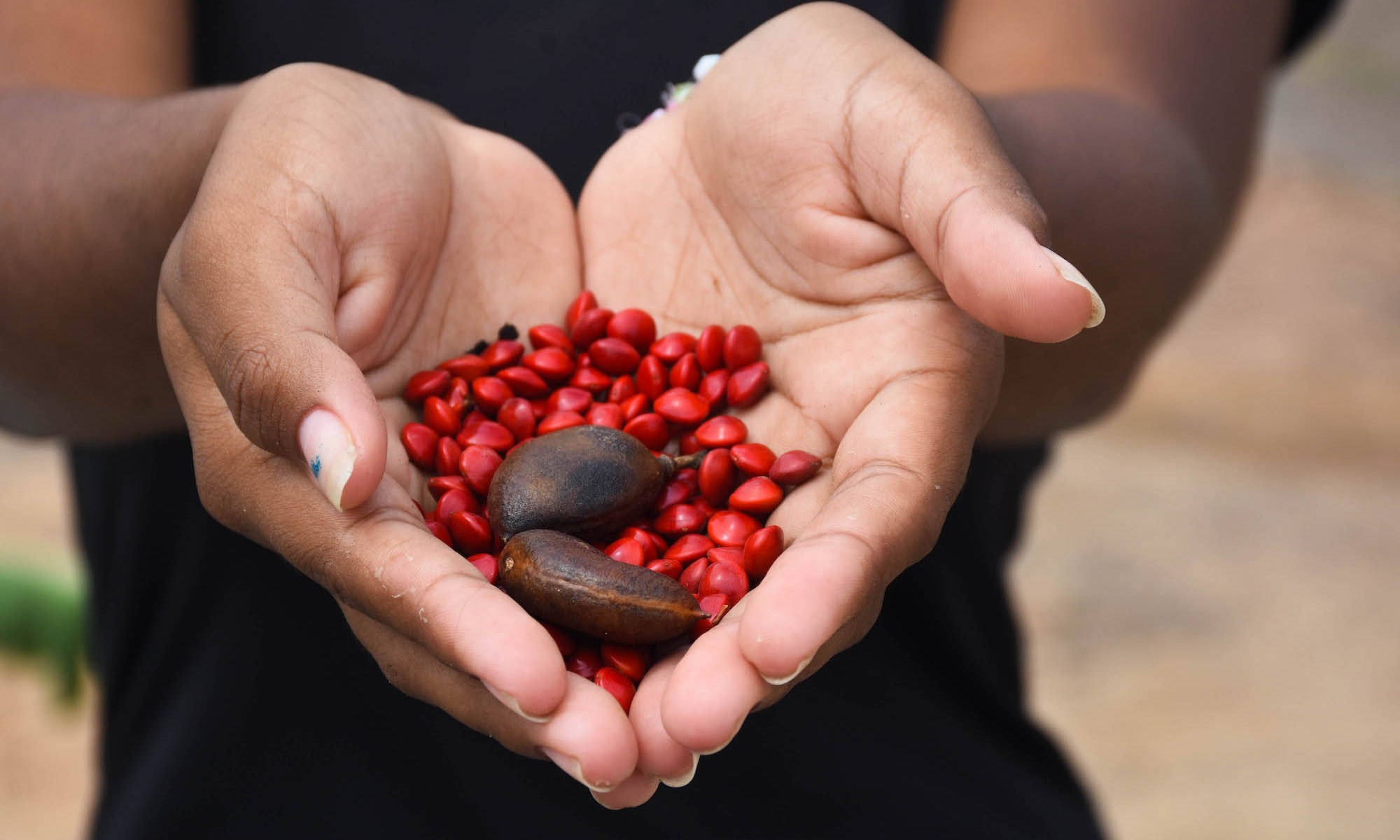VEHA
Guidance

Guidance
Virtual Environmental and Humanitarian Adviser Tool – (VEHA Tool) is a tool
to easily integrate environmental considerations in humanitarian response. Field Implementation guidances are useful for the design and execution of humanitarian activities in the field.
Children are more vulnerable than most adults, to infections, diseases, and other risks to their health and lives. The risks are even higher for unaccompanied and separated children.
Children, the elderly, and people living with diseases are more vulnerable to variations in and extremes of heat and cold.
Air pollution
Soil pollution
Water pollution
Cultural acceptance
Impact on wellbeing / mental health
If children are not provided with adequate health care and/or live in poor environmental conditions, they will be susceptible to illness and disease and will have reduced life chances and life expectancy. This will have environmental impacts including unsustainable environmental coping methods leading to air, water, and soil pollution and waste generation.
Assess child health and nutrition, including noting orphans and child-headed households. Design health activities to improve children’s health and life chances. This may be linked to other sectors including nutrition, WASH, access to education and shelter. Provide child mental health services.
During the global Covid-19 response, many countries paused their child vaccination campaigns. Disease incidence was observed to increase. Even though global pandemics require urgent attention, it is important to maintain normal health services, particularly childhood vaccinations.
# of successful referrals to support from other sectors – nutrition, education, shelter
# of children supported with child mental health programmes
Prevention of environmental damage